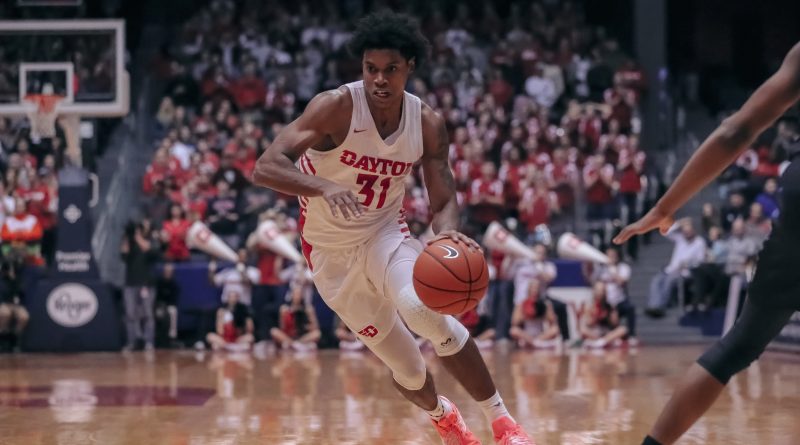UD Athletics On Student Athletes Profiting From Their Image
Peter Burtnett
Sports Staff Writer
The University of Dayton athletic department is taking a step back to evaluate the pay-to-play situation, Director of Athletics Neil Sullivan said.
In September, California signed into law Senate Bill 206, also known as the Fair Pay to Play Act, taking the next step into allowing athletes to profit from their name, image and likeness.
Name, image and likeness (NIL) is simply the basis for which athletes in professional leagues in the U.S. can receive money from endorsements and jersey sales. Unlike in these pro leagues, college athletes are unable to receive any compensation for use of their NIL.
The NCAA argues that the athletes under their umbrella have access to scholarships, fantastic facilities and the best of the college experience. However, the universities bring in billions of dollars collectively from ticket sales and other forms of revenue, but the athletes receive none.
Where does the University of Dayton athletic department stand? Director of Athletics Neil Sullivan said that the Flyers are taking a step back and evaluating the situation as it evolves before taking a side.
“I’m intellectually humble,” said Sullivan, who has been director of Athletics at Dayton since 2015. “There’s a lot of people who claim to be experts, but it’s a very complex issue.”
While many others around the college sports landscape offer their hot takes on ESPN, Sullivan said that he has realized that it’s important to understand the entire issue before choosing a side.
“I accept the uncertainty right now,” Sullivan said. “I would not say that the University or myself are prepared to plant a stake in the ground and say, ‘this is exactly how we think this should be.’”
Another argument brought forward by Sullivan and the Atlantic 10 Commissioner, Bernadette V. McGlade, is the alleged lack of regulation in the Fair Pay to Play Act.
“It is not feasible or practical for individual states to begin setting rules for intercollegiate athletics nationally,” a statement released by McGlade on Oct. 9 said. Sullivan follows a similar idea when he said the lack of regulation is part of why it is difficult for Dayton athletics to take a side.
“The University of Dayton would certainly like to be part of the solution and the model going forward,” Sullivan said. “I think we certainly have a role to play.”
With a basketball program as renowned as the one that plays in the recently renovated UD Arena, Dayton has a unique opportunity to lead the charge for a balanced way of both allowing athletes to profit from their NIL, while keeping the sense of amateurism of college sports intact.
“Basketball is the engine that makes us go from an athletic department standpoint,” Sullivan said. “We have a deeply vested interest in how the environment plays out. I can’t say that I’ll be the ‘leader’ in it, but we certainly want to make sure that what we believe in is represented and shared.”
Sullivan said the values at Dayton, such as education and community involvement, are what will help Dayton draw players who may have chosen to go to California (or other states like Pennsylvania that could sign acts similar to the one in California) to choose the University of Dayton because of the strong academics and future opportunities.
Sullivan said Dayton “won’t be a bystander.” Even if the athletic program takes a step back to evaluate the entire situation, Sullivan said that UD will have a role to play in the pay-to-play issue.
Cover photo courtesy of Griffin Quinn

